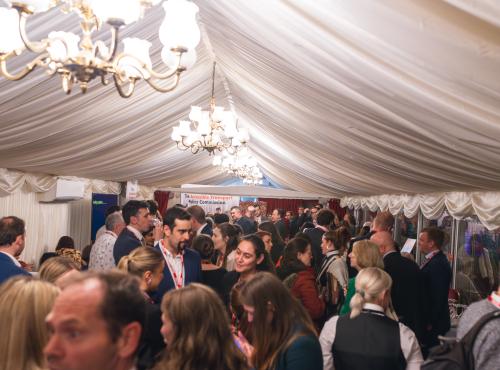The Art in the Artificial and APDIG Planning Meeting
On Tuesday 28th July, the All-Party Design and Innovation Group was delighted to host an online webinar with John Davies, Economic Research Fellow for Creative Economy & Data Analytics at nesta, the UK’s leading innovation charity.
Speaking to an audience of APDIG members, Davies outlined the findings from nesta’s recent report, The Art in the Artificial, setting out the challenges and opportunities artificial intelligence poses for the UK’s creative industries.
In an informative and wide-ranging presentation, Davies noted the strengths of both of these sectors to the British economy and the growing interaction between them. He cited four key areas where AI technologies are impacting the creative industries:
- AI techniques routinely influence music, text and film we consume YouTube, Spotify, Amazon & more use machine learning to recommend creative content
- AI can be applied across creative industries Digitalisation means pictures, sound and text can all become data and be analysed using machine learning.
- New creative applications of AI Recent AI breakthroughs: Generative Adversarial Networks (GANs) and Style Transfer already being used creatively.
- Scope for AI to spread across creative domains from digital convergence Use of common digital tools, in particular from games, bringing creative sectors closer together.
However, he noted that this despite these benefits, both sectors are impacted by a lack of government support for bridging the links between the two. Despite the introduction of so-called ‘sector deals’ for both the Creative Industries and AI, little has been done to bridge the two. Although the UK is a one of the world’s leading centres for artificial intelligence research, other nations have increased their capacity for this at a faster rate, narrowing the gap.
Davies also noted that, out of nearly 40,000 research projects funded by UK bodies, only 43 have been identified as involving both AI and the Creative Industries. With the rapid growth taking place globally in the AI, Mr Davies said that it was vital for policy makers to not take the UK’s position for granted.
Those present then discuss the APDIG’s forthcoming research and event plans for 2020 and 2021. With the on-going COVID-19 crisis, participants agreed on the following priorities:
- Skills and employment, especially the Graduate Talent Pipeline
- The importance of design across all sectors of the economy
- Promoting innovation as part of the Government’s “levelling-up” agenda and support for IP
This will also feed into APDIG and Policy Connect-led responses to relevant Government and Parliamentary consultations and inquiries, as well as the forthcoming Comprehensive Spending Review.
Further details will follow in the coming weeks.



